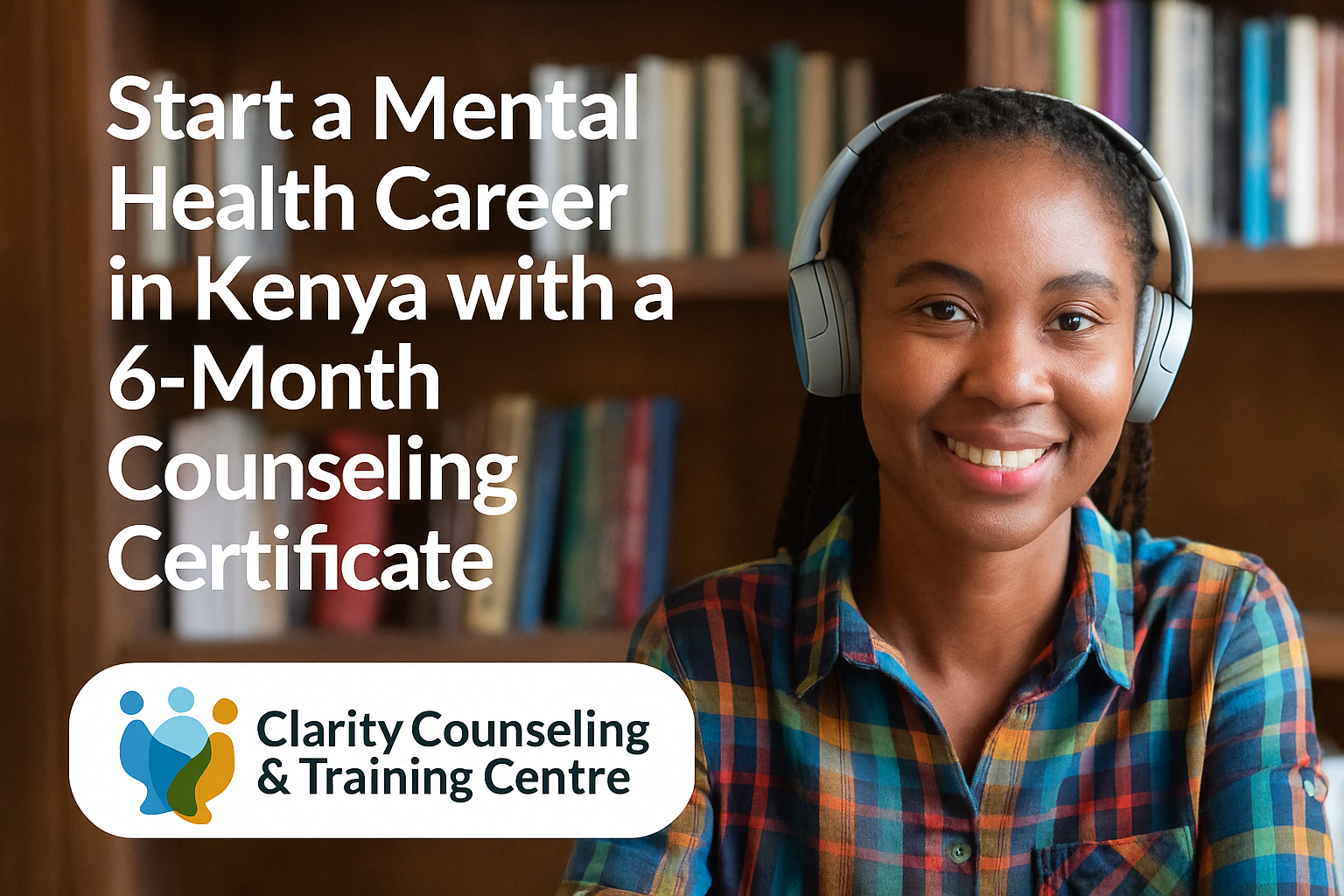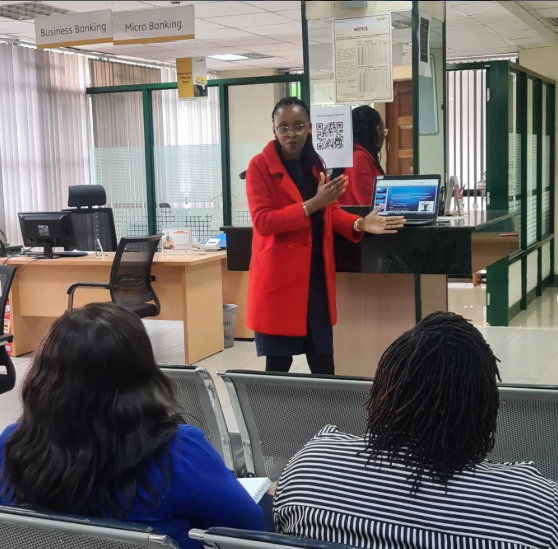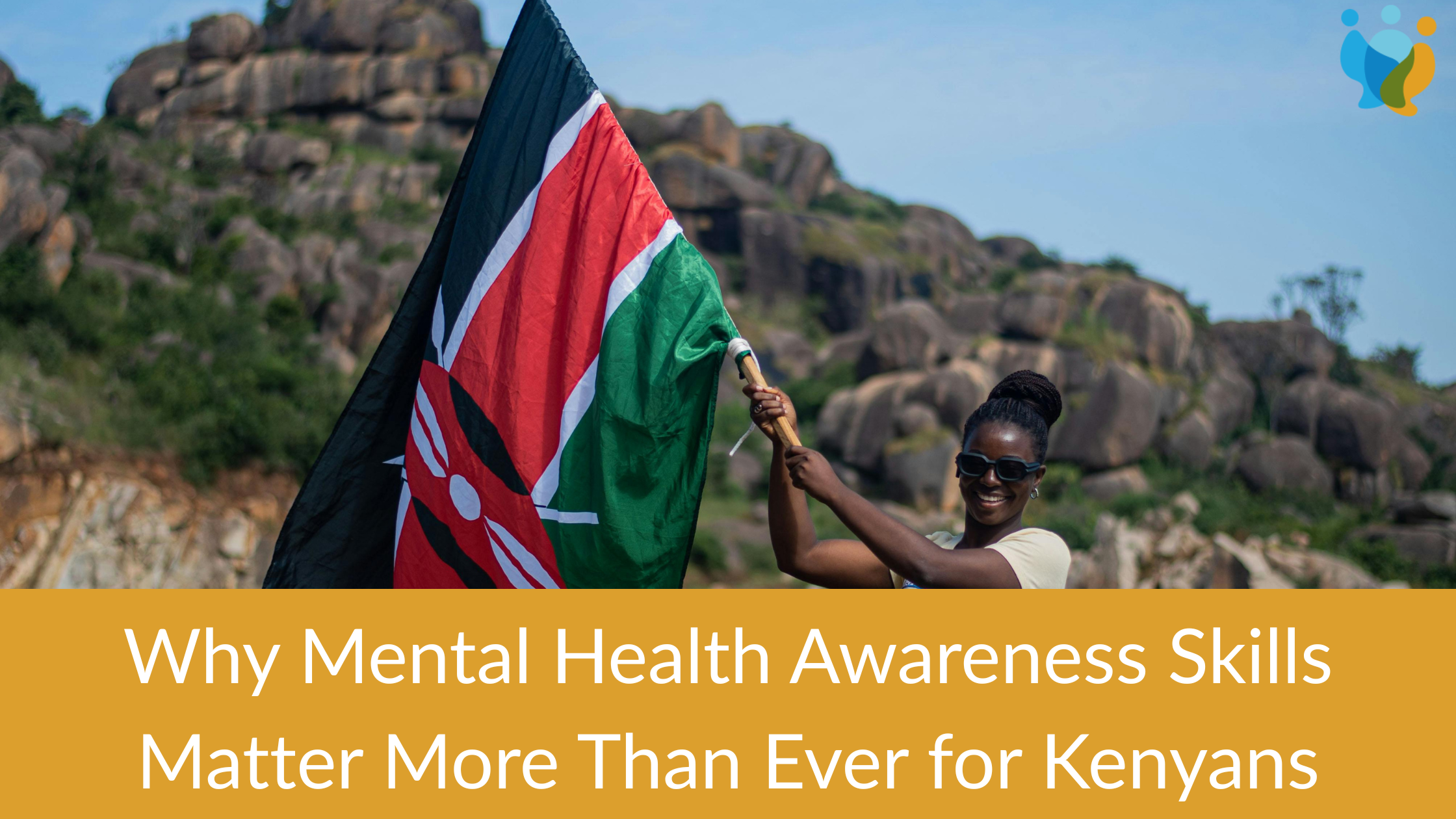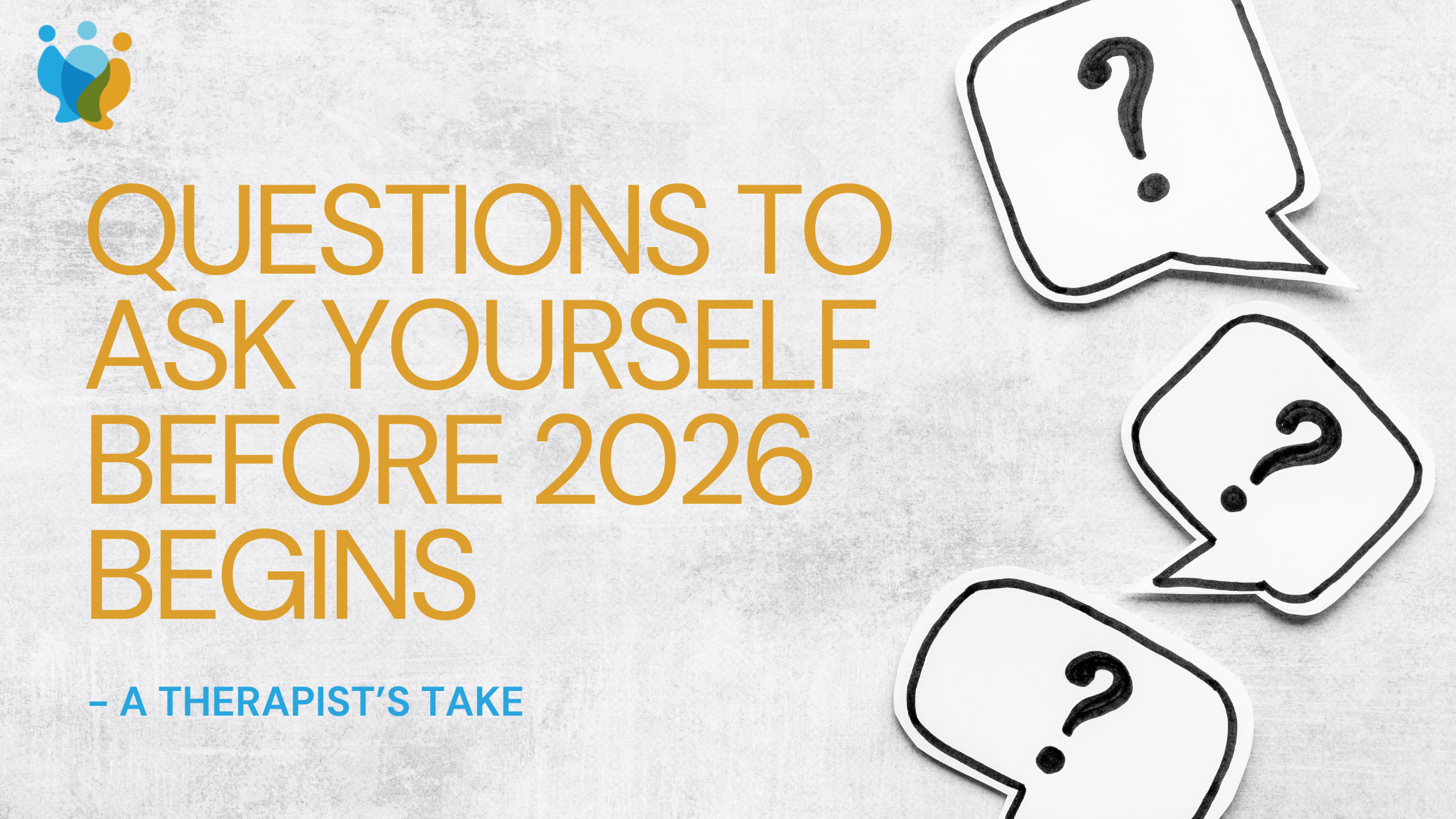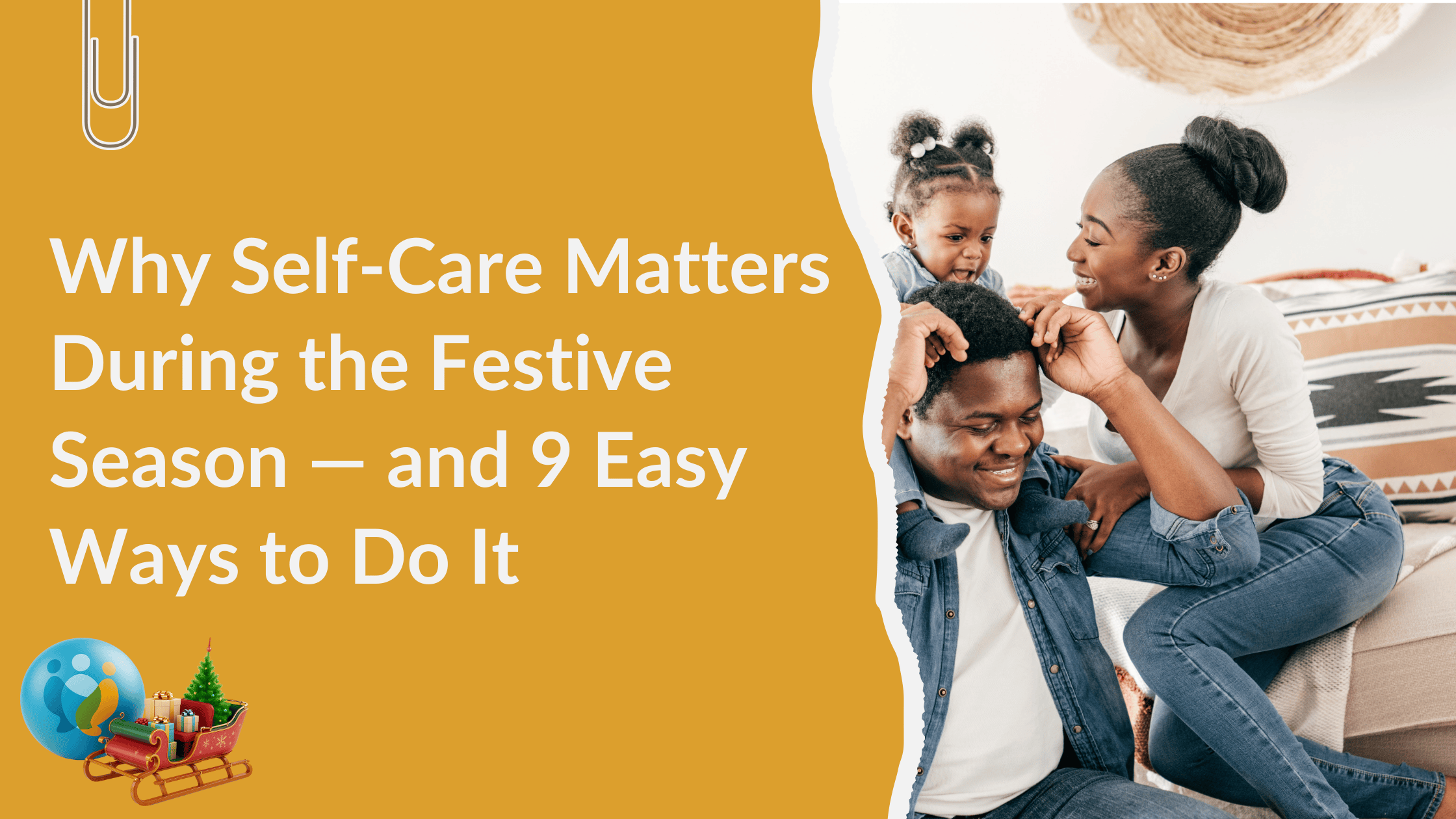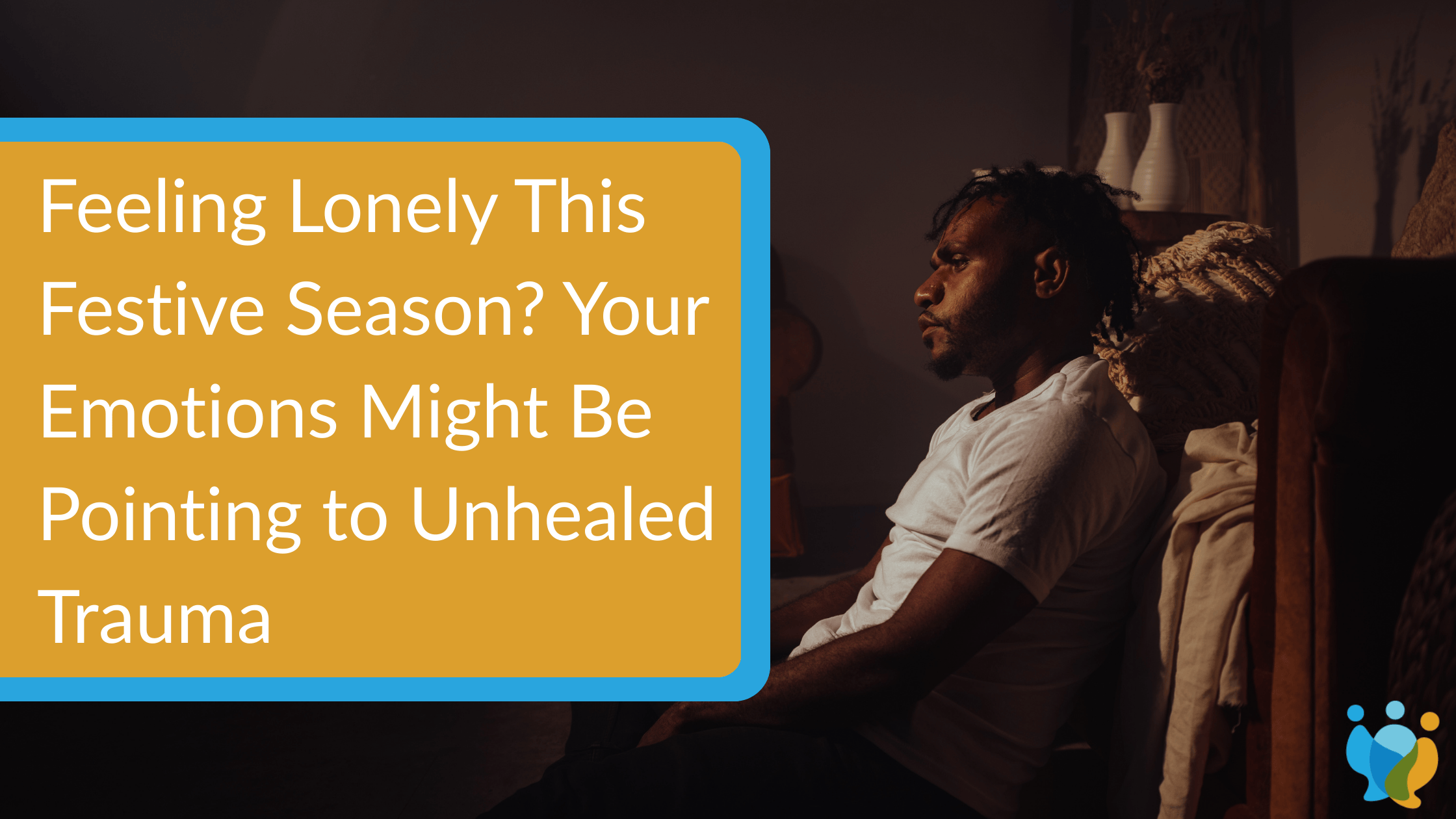Personal Responsibility in Relationships

The Power Of Personal Responsibility In Relationships
At Clarity Counseling, the best psychologists in Nairobi, we encourage everyone to take responsibility over their feelings, thoughts and actions as an important component of healthy relationships. It is important to understand what it looks like to take responsibility or to avoid responsibility, as it is not always an active or even conscious process for that matter if you have not been particularly keen or self-aware.
Take Peter and Jane (not their real names) for example. Peter has been cheating on Jane and makes no effort to hide it. He invites the women he is seeing to their house, and even gets cozy with them in his wife’s presence. Jane has been doing nothing about it for a while now because every time she asks what is going on between him and these other women, he says they are ‘just friends’ despite him disappearing for over two days at a time over the weekend. Jane says she cannot leave because she owns the house they live in and that she has also bought most of the furniture. When she asks Peter to leave, he says that ‘he’s not going anywhere’ and continues behaving as he has behaved before. Now Jane feels stuck and frustrated and has given up on the situation. What Jane is saying silently is that she hopes that Peter will change simply because she asked him to leave. That this will shock him out of his current reverie. Only it’s not working. I mean, why leave if one can have his cake and eat it? By not taking decisive action with regards to the situation at hand, Jane is leaving it to Peter to decide her fate. As a result, her suffering can only escalate until she’s ready to take responsibility and pay the price.
Then there’s Lena who got married to Mark out of pity for him. Before they got married, Lena was already cheating on Mark. When he proposed, she confessed to him what she had been doing all along. Despite being heart broken, Mark went ahead and married her. Lena on the other hand rationalised that ‘he was too nice to her’ and therefore she could not bring herself to break off the relationship. She married him although she told her friends that she would never be happy with him. Two years into the marriage, and Lena is now convinced that her marriage will end in divorce and is back to her cheating ways. Her decision to give a full disclosure was obviously her subtle way of breaking off the relationship in the hope that Mark would take the bait and leave her. When this did not work, Lena resigned herself to a state of misery. Not only is Lena unhappy, but the stage is set for disaster in this relationship. Mark is no different either. Neither are several other couples whose stories are a bit different on the surface but one thing in common: lack of personal responsibility in the partners involved.
Maybe our society is to blame. A society that encourages people to suffer in silence rather than say or do what displeases others. A society that trains us to ignore what is not working. We get into relationships somehow assuming that ‘things will work out”. When we come to a realization that things don’t work themselves out, we result to hoping that the other person will take the initiative and end the relationship all together, or that they will see how much they have hurt us and change their behavior so that the relationship will then resume normalcy. Whatever the cause, it is not too late to unlearn what you have learnt.
Every relationship is like a dance. The more you dance together, the more you establish your own rhythm and tempo as a couple. This rhythm is in the patterns that define your relationship. As one person gets clingy and needy, the other one pulls away even more. As one party gets passive, the other becomes even more domineering. As one gets of you gets too dependent on the other, the corresponding behavior becomes contempt. And as one of you attempts to be controlling of the other, this behavior begets resentment. The dance continues until one of you changes their moves; and the other party will have to adjust for the dance to continue or quit altogether. To understand what you need to change as an individual, study your ‘dance moves’, see how they are related to the state of the relationship; and begin to learn and apply new moves.
Before you point fingers at your partner, your friend, or even your family, its time to step back and assess yourself; even when you appear to be the victim. True happiness is only possible when we stop being frightened of responsibility and own our lives. If your happiness is important to you, then you will be willing to pay the price for it, by learning to communicate your needs in a clear manner, and trusting your feelings and perceptions enough to take decisive action.

